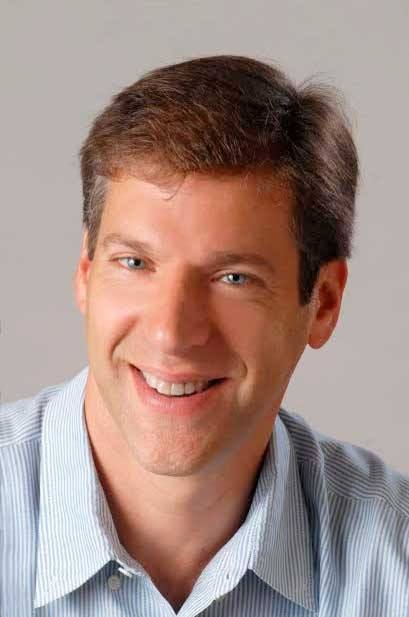Internationally acclaimed energy-policy expert Daniel Kammen will deliver an Orcas Currents lecture on “Getting the Carbon Out: Decarbonizing Energy Systems” on Sunday, Oct. 25.
His presentation begins at 1:30 pm in Orcas Center. After that, local energy experts will briefly offer their individual perspectives on this pressing global imperative.
“Dramatic changes are taking place in the energy options available to people, communities and nations interested in pursuing low-carbon pathways,” observes Kammen.
He serves as the Class of 1935 Distinguished Professor of Energy at the University of California, Berkeley, where he founded and directs the Renewable and Appropriate Energy Laboratory. He also holds UC Berkeley appointments in the Department of Nuclear Engineering and the Goldman School of Public Policy.
In 2010-2011 Kammen was the World Bank’s Chief Technical Specialist for Renewable Energy and Energy Efficiency. He is a US State Department Energy and Climate Fellow for the Western Hemisphere, having served previously as Secretary Hilary Clinton’s Clean Energy Envoy to the Americas. And he was the lead author of several reports of the United Nations International Panel on Climate Change (IPCC); in recognition of its work, the IPCC shared the 2007 Nobel Peace Prize with Al Gore.
In his talk, Kammen will describe successes and challenges in implementing low-carbon alternatives, which are now taking place from rural Africa to the United States. These efforts range from residential to community-scale systems to actions on national levels — including in China and the European Union. He will also discuss the hopeful prospects for global accord in the upcoming Paris climate talks.
After his lecture, well-known islanders Bill Anders, Chris Graecen and Eric Youngren will offer individual perspectives on the energy transformations we face both locally and globally.
This will be inaugural event in a new Orcas Currents series featuring widely recognized authorities “In Conversation With” local experts, with which our fair islands abound.
For more information about Orcas Currents and this lecture, please consult: http://research-now.org/orcas-currents/.



